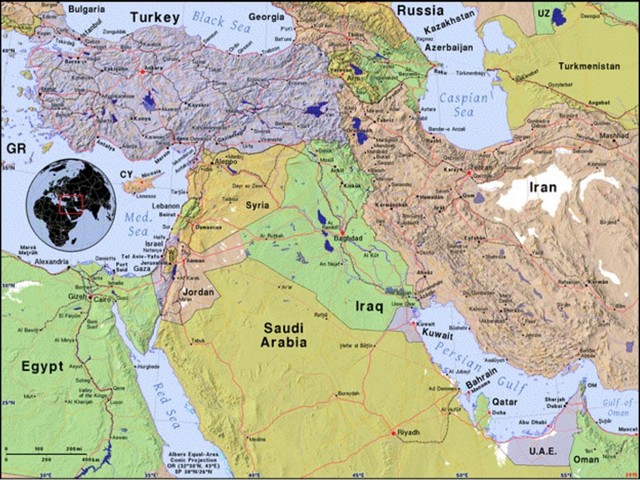China's MENA Propaganda: Projections and Perceptions
The Center for Uyghur Studies uncovers China's extensive propaganda efforts in the Middle East and North Africa. The report reveals how Beijing manipulates perceptions through media and diplomacy, aiming to downplay Uyghur rights abuses while gaining support for its policies. These actions raise concerns about influence and suppress dissenting voices.

- Country:
- United States
The Center for Uyghur Studies has unveiled a revealing report entitled "Exposing China's Propaganda Campaigns in MENA." It details the Chinese Communist Party's extensive influence operations in the Middle East and North Africa.
The report highlights how Beijing's propaganda paints it as a supportive partner while deflecting criticism of its Uyghur human rights abuses. These campaigns, extending beyond trade interests, strategically suppress dissent and garner diplomatic backing for China's policies.
China's media tactics include state-sponsored Arabic-language broadcasts via CGTN Arabic, Xinhua collaborations with local media, and a surge of Arabic social media content. The report warns of disinformation from inauthentic online profiles and notes China's use of soft power, like Confucius Institutes, to promote an idealized cultural image.
Economic ties growing to $368 billion in 2022 create dependencies that discourage MENA critiques of China. China's portrayal as a Muslim world's ally dismisses Uyghur abuse reports as false. Surveillance exports to the region further bolster authoritarian regimes. The report calls for fact-checking and independent journalism to counter these narratives.
(With inputs from agencies.)










